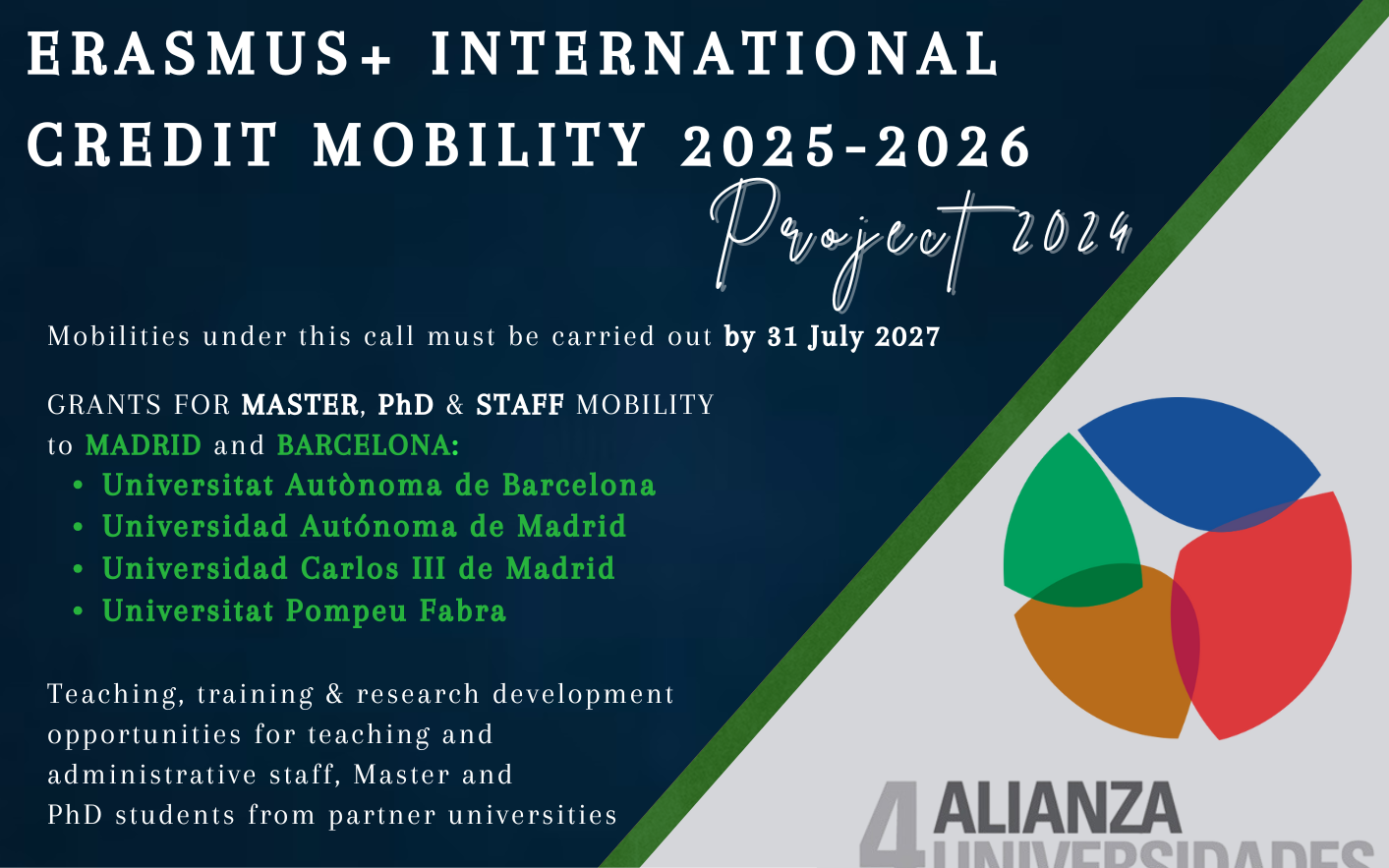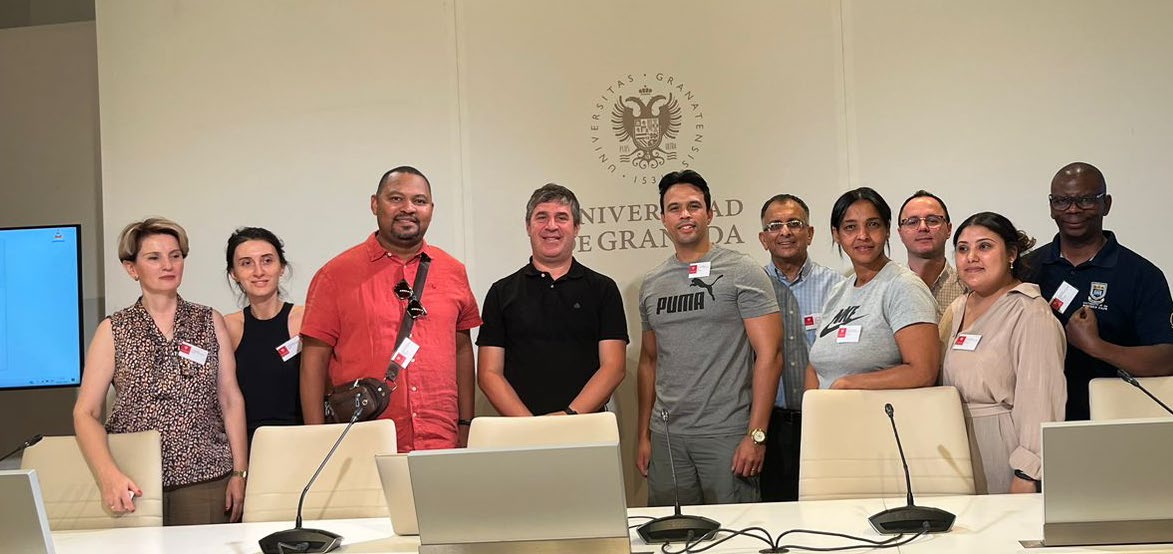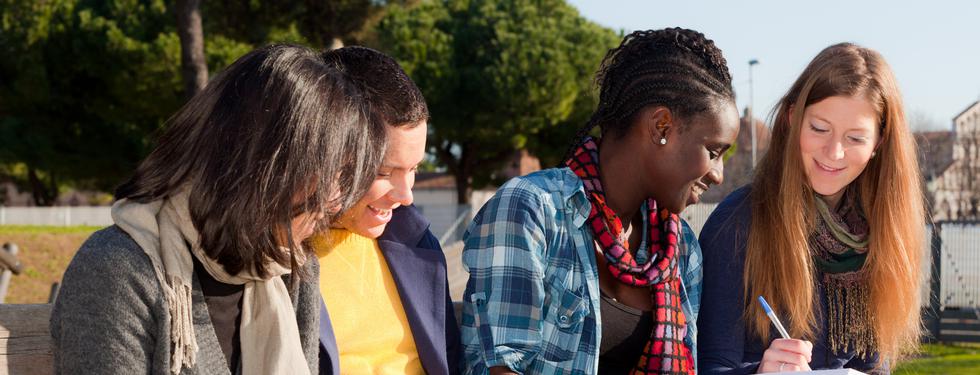Erasmus+
Erasmus+ is the European Union (EU) programme for education, training, youth and sport for the period 2014-2020.
Erasmus+ funds academic mobility and co-operation projects that involve partners from ‘programme countries’ and ‘partner countries’ throughout the world. Erasmus+ supports activities that are closely matched with the EU’s priorities for co-operation policy with partner countries and regions.
For over 30 years, students and staff have moved between European universities in the Erasmus programme. Since 2015, Erasmus+ has also allowed short-term mobility to Europe from other parts of the world for students, researchers and staff. This mobility allows students to study in a foreign university for 3-12 months and obtain credits which are then recognised at the sending institution as part of their degree. Starting in 2018, traineeships are also possible. There are also grants for staff mobility of 5-60 days.
Erasmus Mundus Joint Master Degrees (EMJMDs) award EU-funded scholarships to Master students from around the world that cover covering tuition, travel and a living allowance. The programmes last from one to two years during which students study in at least two different European countries, and obtain a joint, double degree or multiple degree. Institutions from partner countries can also be part of the consortia that deliver these programmes as Full Partners, which means they officially award degrees, or as Associated Partners, where they participate in the programme in some kind of capacity, but do not award the actual joint degree.
Erasmus+ Capacity Building in Higher Education action (CBHE) projects are aimed at modernising and reforming higher education institutions, developing new curricula, improving governance, and building relationships between higher education institutions and enterprises. They can also tackle policy topics and issues, preparing the ground for higher education reform, in co-operation with national authorities. Around 3% of the annual global budget for CBHE projects is earmarked for South Africa.
Jean Monnet (JM) activities aim to develop EU studies worldwide. For over 25 years they have been supporting Modules, Chairs and Centres of Excellence to promote excellence in teaching and research on the European integration process at higher education level. The programme also supports policy debate with the academic world through networks and a number of associations in the domain of EU studies.
Erasmus+ website: http://ec.europa.eu/programmes/erasmus-plus/node_en
Erasmus+ projects: http://ec.europa.eu/programmes/erasmus-plus/projects/
Erasmus+ funding opportunities: http://eacea.ec.europa.eu/erasmus-plus/funding_en
Erasmus Mundus programme catalogue: https://eacea.ec.europa.eu/erasmus-plus/library/scholarships-catalogue_en












